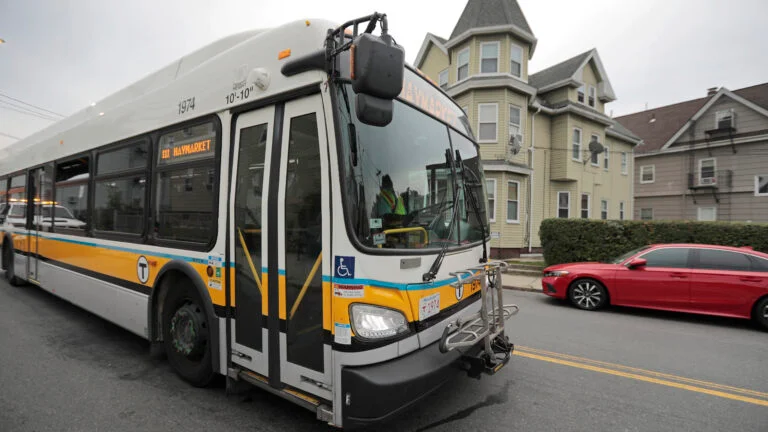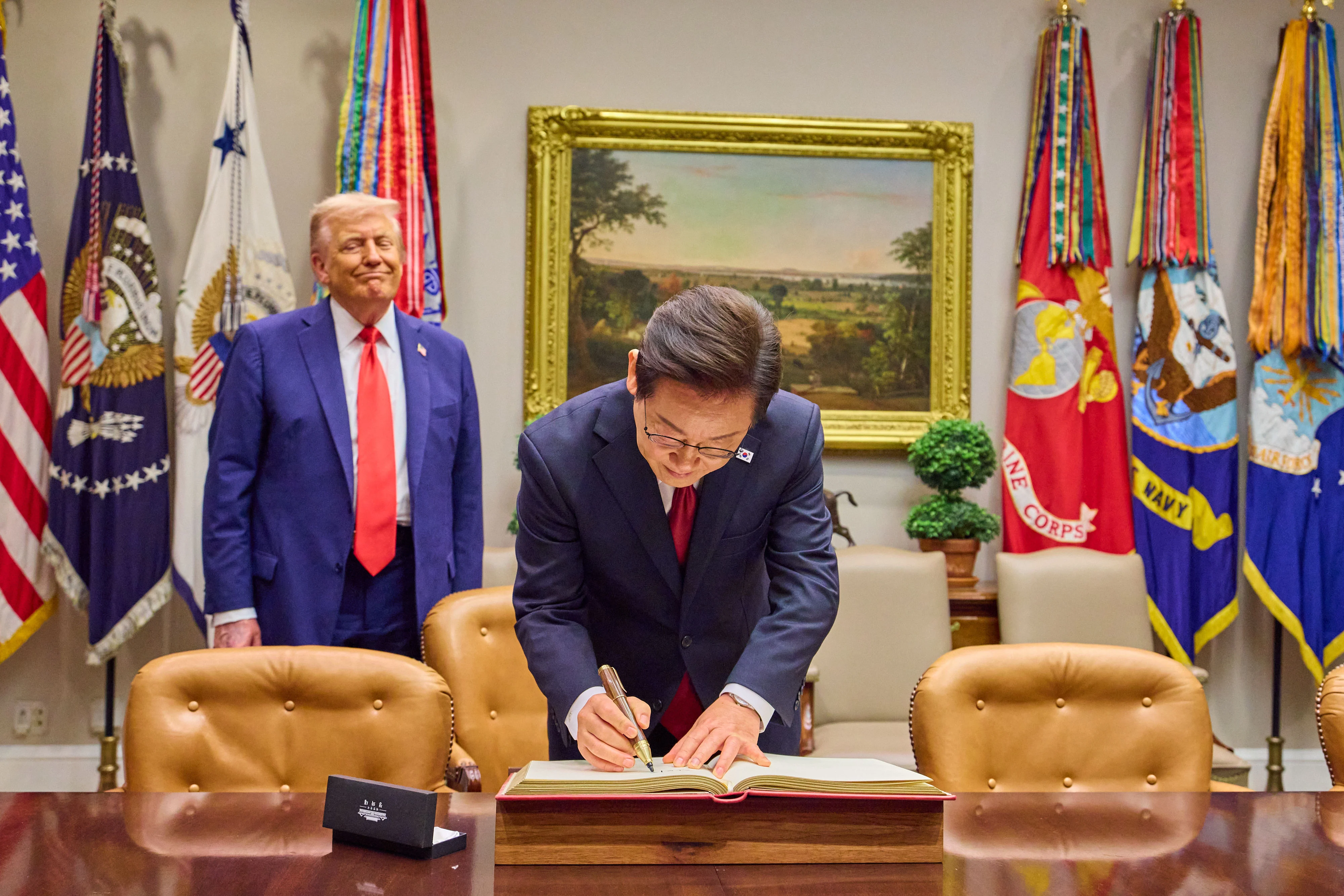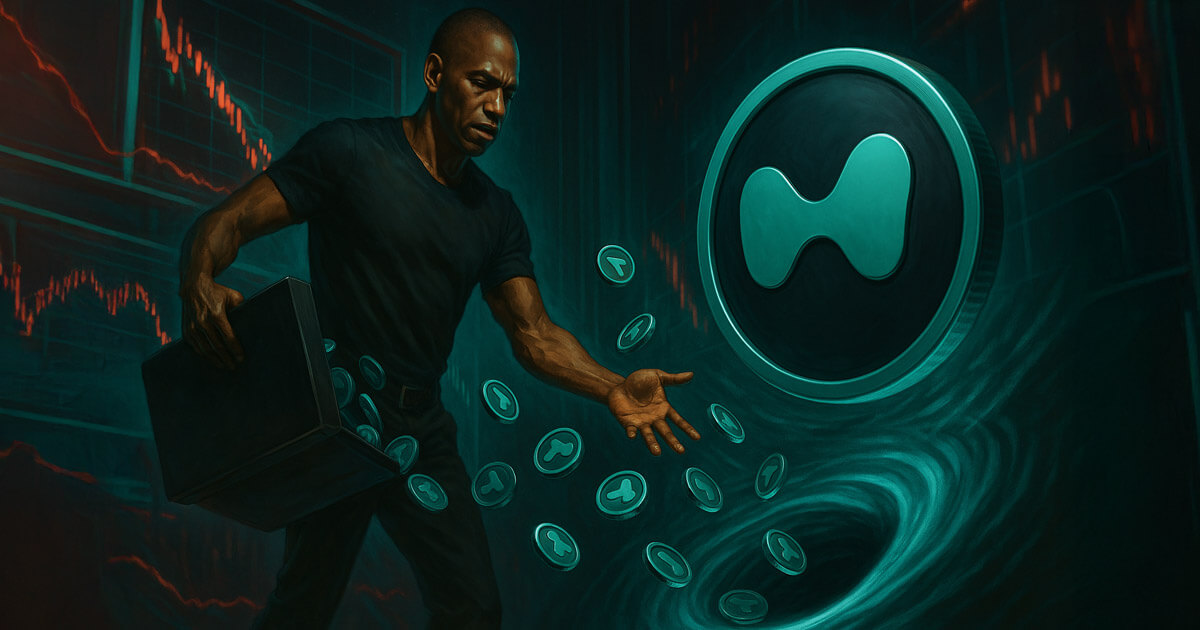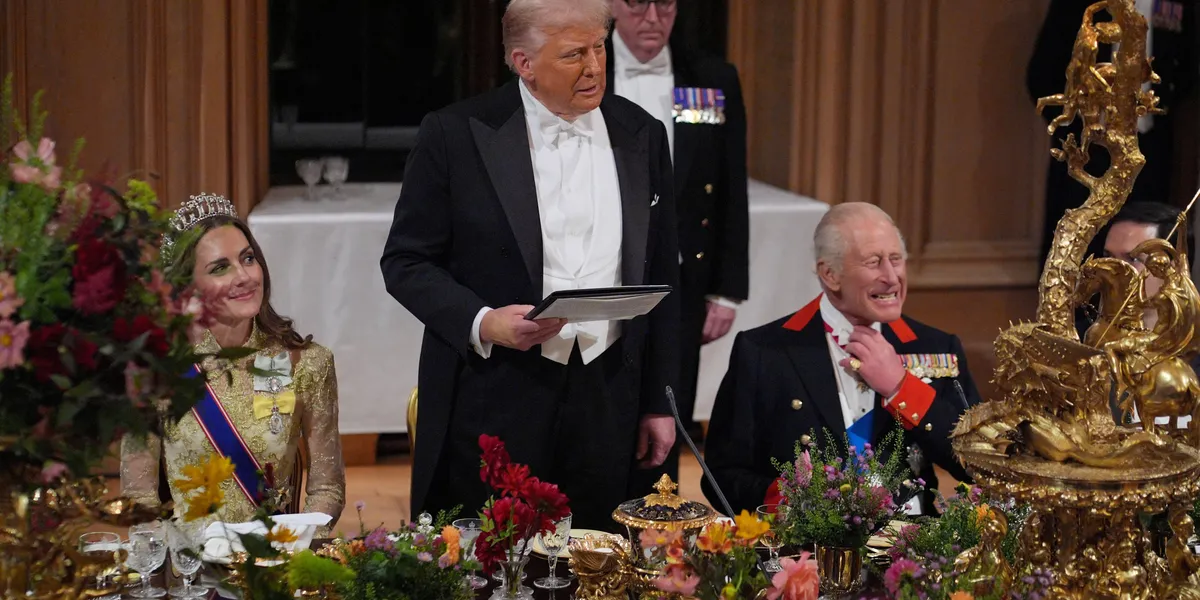
Fines will be $100 for blocking bus stops and from $25 to $125 for blocking bus lanes.
Some MBTA buses will soon have cameras to record and issue fines to vehicles blocking bus stops and lanes, now that the transit authority officially passed the initiative on Wednesday.
The automated cameras, attached to the front of some MBTA buses and on poles at stops and plazas, will record and send warnings or fines, ranging from $25 to $125, directly to the violating driver’s home address.
Joining five other major cities, including LA, DC, and New York, with these systems, the MBTA is hoping to soft launch the initiative with a small bus fleet by the end of this year before expanding the program in 2026.
Gov. Maura Healey paved the way for this regulation earlier this year when she signed the law that allows for cameras on school buses to fine drivers who violate the bus’s stop sign.
The law also allows municipalities and transit authorities across the state to adopt similar regulations.
Importance and proposed pilot routes
Rachel Morse, director of MBTA transit policy, and Alexandra Hallowell, director of transit priority, proposed this initiative due to heavy bus ridership, coupled with accessibility and safety reasons.
Forty percent of T riders use the bus system daily, and bus riders make up the highest number of riders who are minorities, low-income, and without access to a vehicle.
“These are the folks that need us the most, that rely on the service the most, not just for their daily commute trip, [but also] for day-to-day life, for access to mobility,” Hallowell said at Wednesday’s MBTA Board of Directors meeting.
“Anytime someone pops their car into a bus stop to go grab their Dunkin’ Donuts coffee rather than finding a legal place to put it, it puts our operators in an incredibly challenging position, and it puts our riders with mobility devices, sort of out of luck,” she continued.
Riders need access to curbs for accessibility reasons, and cars blocking bus stops and lanes also pose a risk for collisions and passengers being struck by vehicles, she added.
By discouraging drivers from blocking stops and lanes, the MBTA will also save passengers time, Hallowell said.
“As part of the regulatory process, we conducted a public hearing and public comment period in late August … and we had overwhelming support for this initiative” with 67 total public comments, Morse said.
With over 40 miles of bus lanes and around 7,000 bus stops, Hallowell and Morse proposed popular and most impacted lanes and stops to pilot the program. The main areas of early enforcement include several spots along Massachusetts Avenue and Washington Street.
Fines start at $25, go as high as $125
Under this regulation, vehicles parked in a bus stop will receive a $100 fine.
Passenger vehicles will be fined from $25 to $125 for stopping or standing in a bus lane, increasing by $25 depending on the number of offenses the driver committed in the previous 180 days. The fine range for a commercial vehicle, meanwhile, is $50 to $125, dependent on violations within the last 12 months.
Instead of a fine, a warning can be issued for a first offense or in the case of a newly designated bus lanes.
San Francisco was the first city to implement the automated bus camera system and found that 93% of drivers cited for a violation only received one ticket and did not violate bus stops or lanes again, Hallowell said to the board of directors in April.
Drivers are exempt from the regulation if the violation occurred to make room for an emergency vehicle, was in compliance with instructions from law enforcement, was to comply with posted signage, or was necessary for the safety of pedestrians and passengers, or other safety reasons, the regulation states.
Those issued a fine will be able to appeal the fine if necessary, and the accrual of three unresolved fines will lead to the ineligibility to renew the vehicle’s registration.
Privacy and community impact
In terms of privacy, the law states that the photos and videos of the vehicles taken by the buses can only be used to issue fines or warnings for violations of this regulation, and will be deleted after 120 days, unless there are special circumstances.
Additionally, Mary Skelton Roberts, the city of Boston representative on the MBTA Board of Directors, raised concerns about how businesses and delivery drivers will be impacted by this initiative. Hallowell said impacted business and other stakeholders will be made aware of this initiative during the required 60-day education period prior to implementation.
With that, the board of directors unanimously voted to pass the regulation.



